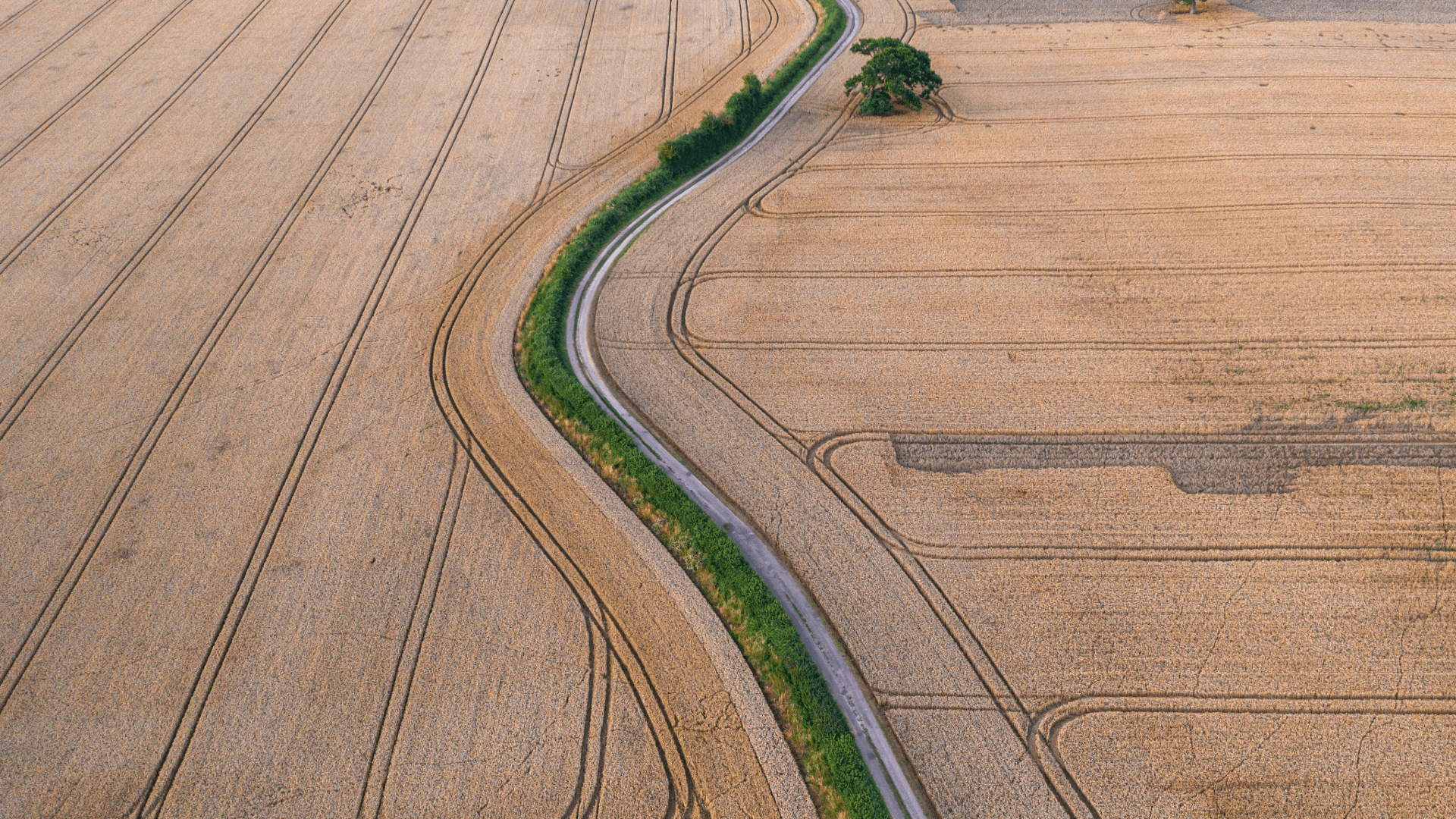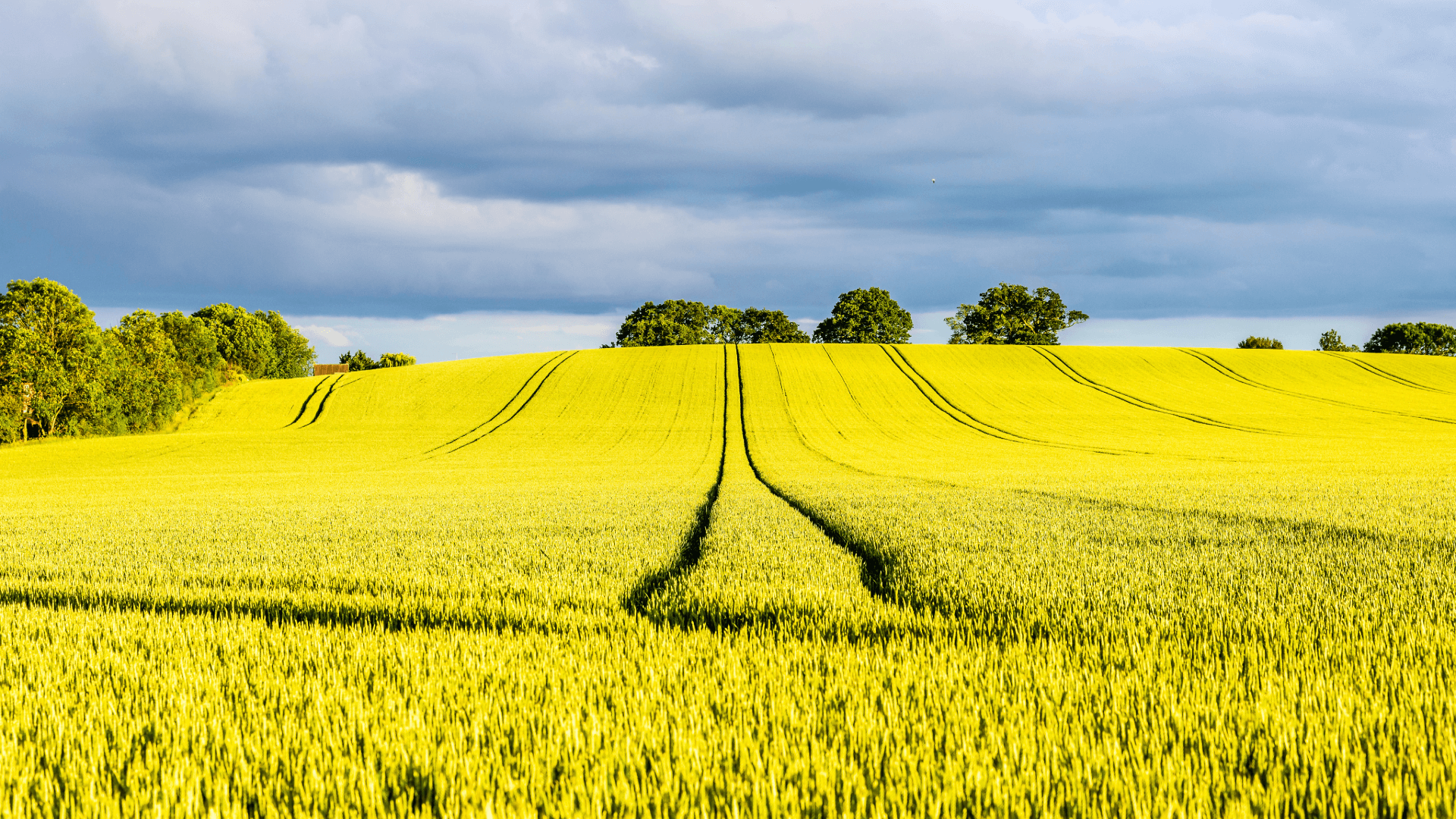UK Farmers Struggle as Wet Winter Leads to Significant Drop in Crop Yields
Posted by Emily on 1st Jul 2024 Reading Time:
According to a new analysis, the UK is facing a significant drop in food production, with estimates suggesting a nearly 10% reduction due to one of the wettest winters on record. The Energy and Climate Intelligence Unit (ECIU) has projected that this decline will cause the country's self-sufficiency in farming sectors to fall from an average of 86% between 2018 and 2022 to 78% this year.

The severe weather conditions have left soils waterlogged and many fields flooded, preventing farmers from establishing crops. As a result, key arable crops have been adversely affected, leading to a potential decrease in the UK's wheat self-sufficiency from 92% to 68%. This shift could force the UK to rely on foreign imports for around one-third of its wheat needs.
Climate scientists warn that warmer, wetter winters are likely to become more common, exacerbating concerns about climate change's impact on the UK's food security. Prime Minister Rishi Sunak will address these issues at the upcoming 'Farm to Fork Summit' with farmers and industry representatives at Downing Street this week.
Tom Lancaster, a land analyst at ECIU, emphasised the need for greater government support to help farmers cope with climate extremes. "In 2021, the government identified climate change as the biggest medium to long-term threat to our food security. This analysis indicates it is the biggest risk now, not at some distant point in the future," Lancaster stated.
The ECIU's report highlights that, compared to the average production between 2018 and 2022, wheat imports might surge from 1.9 million tonnes to 4.8 million tonnes due to reduced self-sufficiency. Additionally, UK flour millers have expressed concerns that the higher-grade milling wheat harvest could decrease by up to 40%, potentially affecting the price of bread and other baked goods.

While crops like oats and barley are expected to remain stable due to increased spring planting, oilseed rape self-sufficiency is projected to plummet to a historic low of 40%, down from 75% between 2018 and 2022. The analysis does not account for other crops negatively impacted by the wet weather, such as field vegetables, potatoes, and sugar beet, suggesting the 8% reduction in self-sufficiency might be underestimated.
Last month, ECIU's analysis indicated that this year's harvest could be down by as much as 20% compared to 2023. The National Farmers' Union (NFU) recently highlighted the drastic reduction in crops as evidence of British farms' vulnerability to adverse weather conditions.
In its election manifesto, the NFU calls for increased funding for the Environment Agency to manage and reinvest in watercourses and flood defences. It also urges the next government to commit to an agricultural budget that ensures British farming can meet the challenges posed by climate change.

